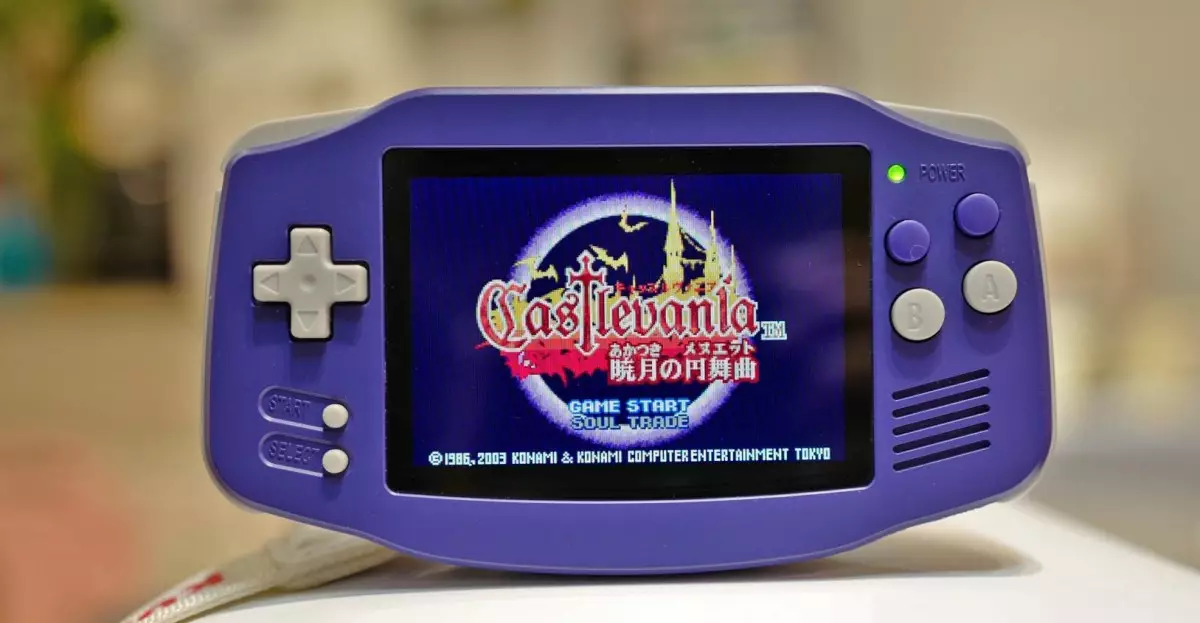Anbernic has carved a niche for itself in the gaming world, captivating enthusiasts and casual players alike with its impressive lineup of retro handheld gaming consoles that mimic classic Nintendo Game Boys. With meticulously designed devices priced around $70, Anbernic struck gold by offering accessible replicas that not only appeal to nostalgia but also effectively preserve the essence of the gaming experiences of yesteryear. However, the winds of change are upon us, and sudden tariff threats are raising alarms across the tech and gaming landscapes.
U.S. government rhetoric surrounding import tariffs, particularly under Trump’s administration, has thrown Anbernic’s operations into disarray. As a company deeply integrated into the global supply chain, the fear of a staggering 245 percent tariff looms large, potentially transforming Anbernic’s beloved budget-friendly products into unaffordable luxuries overnight. This predicament is threatening not only their competitiveness but also the very fabric of affordable gaming for many fans.
Suspension of Shipments: A Cautionary Move
In light of recent tariff discussions, Anbernic has proactively suspended shipments from its Chinese warehouses to U.S. customers. This precautionary measure is not only a strategic decision but a reflection of the uncertainty surrounding U.S. trade policies. The announcement emphasized that customers should instead prioritize products shipped from their existing U.S. warehouse, which could evade the crushing duties that would otherwise be imposed on products shipped from China.
It’s noteworthy that Anbernic did not suddenly establish a U.S. warehouse to appease the tariff concerns; this option existed prior to these developments. Despite being a viable choice, the retro gaming community was largely unaware of this alternative. Now, those who eagerly awaited the latest handheld releases directly from the Chinese origin have to think twice before making a purchase.
Understanding the Customer Reaction
The reaction among Anbernic’s core customer base highlights an inherent divide between the desire for affordable gaming experiences and the looming financial burden that tariffs can impose. Gamers who had previously enjoyed the low-cost entry into nostalgic gaming are now forced to reassess their buying habits, all thanks to political maneuvering that seems detached from the interests of individual consumers.
A collective sigh of discontent has rippled through the community, evidenced by social media debates and forums where gamers express concerns over potential price hikes and the belief that such tariffs unfairly penalize consumers for political disagreements. The spirit of retro gaming is tied to the notion of accessibility — a strong brand ethos for Anbernic that could fade if prices rise.
Future Prospects: The Unknown Terrain
The future unfolds into a precarious landscape as Anbernic navigates uncertainties brought forth by tariffs and changing trade policies. Questions abound regarding the company’s strategy moving forward: How will they offset these newfound costs? Will they raise prices, thereby alienating a loyal customer base? Are there sustainable solutions to this predicament?
Despite the challenges present, Anbernic still has avenues to pursue. Collaboration with U.S.-based manufacturers could mitigate shipping costs associated with duties—or at least provide a more transparent avenue for audiences concerned about the current supply chain. Technology is rife with opportunities for innovation, and while the fallout from tariffs remains ominous, Anbernic’s agility as a relatively smaller player gives it the potential to redefine its strategies.
Meanwhile, the survival of low-cost retro gaming consoles also hinges on how effectively Anbernic communicates this situation to its customers. Transparency could foster loyalty during these tumultuous times, enabling the company to cultivate a deeper relationship with its consumers, who ultimately want to continue enjoying the nostalgic experiences that Anbernic has faithfully provided.
In this ongoing saga of politics and consumer products, Anbernic embodies a larger narrative about how external factors can influence beloved hobbies — a realization that invites gamers to consider the intersection of commerce, culture, and community in an increasingly complex world.

